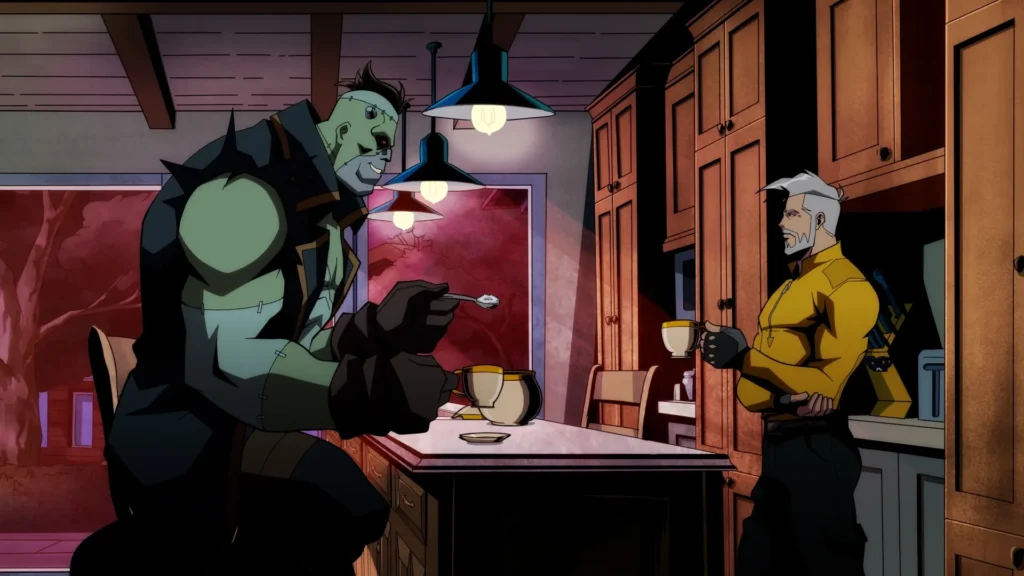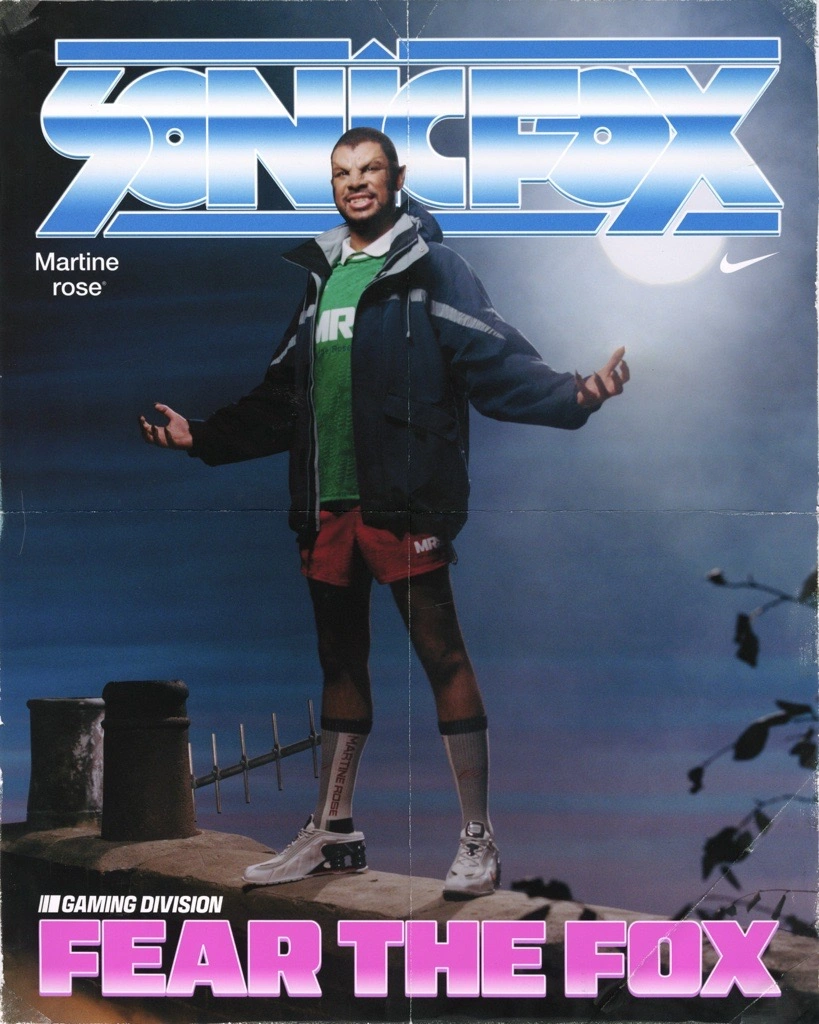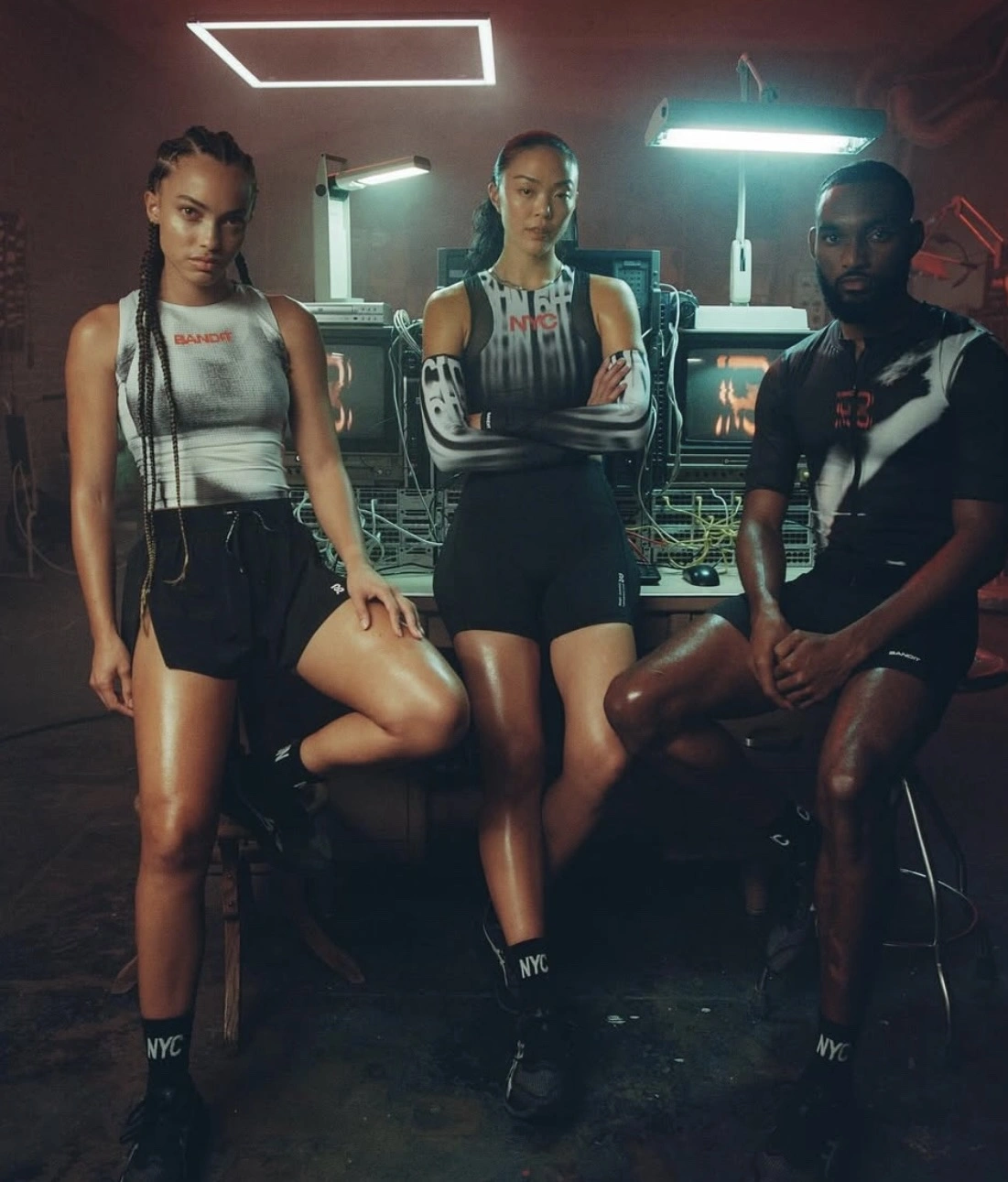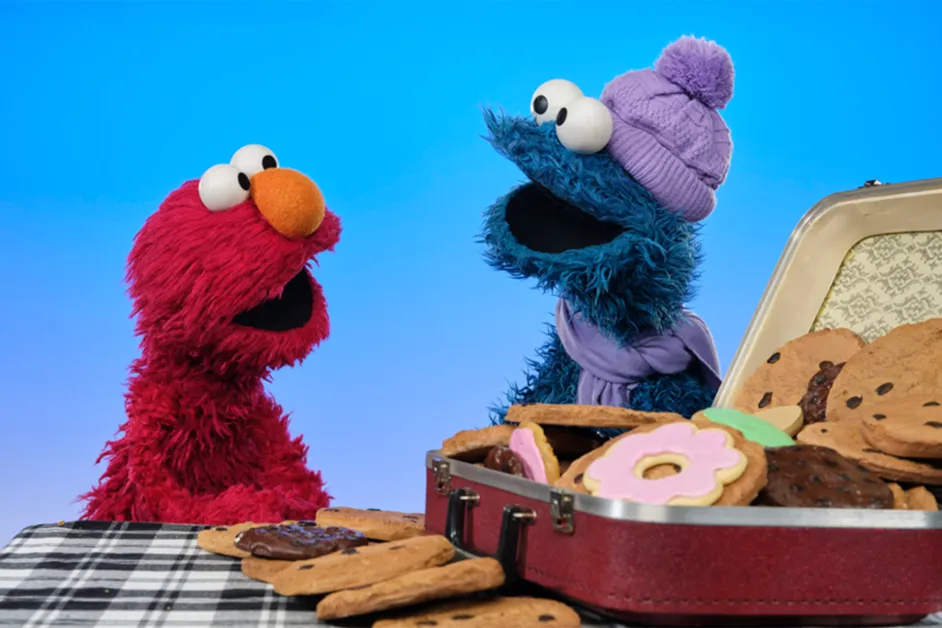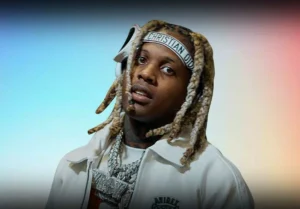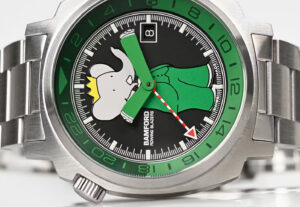In a cinematic universe known for reimagining its iconic characters, the DC Universe (DCU) has turned its attention to one of the most enduring figures in popular culture: Frankenstein. While many iterations of Frankenstein’s monster depict a tortured, misunderstood soul, the DCU’s Creature Commandos introduces a version that flips the script. This Frankenstein, portrayed by David Harbour, is an unapologetically awful guy—but he’s also one of the most entertaining characters to emerge from DC’s latest creative endeavors.
Through the lens of Creature Commandos, this blog explores how Frankenstein has been transformed into a darkly humorous villain, dissecting his role in the narrative, the significance of Harbour’s performance, and what this means for the larger DCU.
Rewriting the Mythos: DC’s Frankenstein in Creature Commandos
Frankenstein’s monster has long been a symbol of pathos—a being shunned by society, seeking redemption or understanding. In Creature Commandos, however, this familiar trope is discarded. Instead, DC introduces Frankenstein as a brash, irreverent character with a penchant for chaos and destruction. This version isn’t just a deviation from Mary Shelley’s literary creation but a deliberate subversion of audience expectations.
The character fits seamlessly into the irreverent tone of Creature Commandos, a series that blends absurdity with action. In this world, Frankenstein isn’t an anomaly; he’s a cornerstone of the team’s dynamic. His lack of moral compass and dark humor create a character who is as unpredictable as he is captivating.
The Humor of a Monster: Frankenstein’s Dark Comedy
What makes this Frankenstein stand out is his humor—a trait rarely associated with the character. Traditionally depicted as solemn and introspective, Frankenstein in Creature Commandos revels in his villainy, delivering biting one-liners and sardonic commentary. His humor isn’t just comic relief; it’s a reflection of his complex personality. He’s aware of his monstrous nature and leans into it, using humor as both a weapon and a shield.
David Harbour’s portrayal amplifies this comedic edge. Known for his roles in Stranger Things and Hellboy, Harbour brings a natural charisma and timing to Frankenstein that elevates the character beyond a simple caricature. His performance strikes a balance between menace and mirth, making Frankenstein one of the most memorable figures in the DCU’s growing roster.
Frankenstein as a Villain: A New Kind of Antagonist
Frankenstein’s role as a villain in Creature Commandos marks a departure from his usual portrayal as a tragic antihero. Here, he’s a force of chaos—a villain with no pretensions of heroism. This makes him a statement character for the DCU, signaling a willingness to embrace morally ambiguous or outright antagonistic figures.
What sets this Frankenstein apart from traditional villains is his unpredictability. He’s not driven by a grand plan or personal vendetta; he’s simply a creature of impulse and opportunity. This makes him a wildcard in the Creature Commandos narrative, adding tension and excitement to the story.
David Harbour’s Performance: Breathing Life into the Monster
David Harbour’s casting as Frankenstein was a stroke of genius. His ability to navigate between humor and intensity is essential to the character’s appeal. Harbour’s physicality brings a sense of power and menace to Frankenstein, while his comedic delivery ensures that the character remains likable, even at his worst.
Harbour’s interpretation also lends depth to Frankenstein. Beneath the bravado and humor lies a hint of existential weariness—a subtle nod to the character’s literary origins. This complexity makes Frankenstein more than just a comedic foil or a villain; he’s a fully realized character who evolves as the story unfolds.
The Role of Frankenstein in Creature Commandos
Frankenstein’s presence in Creature Commandos serves multiple narrative purposes. As a member of the team, he provides conflict and comic relief, disrupting the group dynamic in ways that are both entertaining and revealing. His actions force other characters to confront their own moral boundaries, creating a richer and more nuanced story.
As a villain, Frankenstein is a formidable opponent, but he’s also a reflection of the series’ tone. Creature Commandos thrives on its irreverence and subversion, and Frankenstein embodies these qualities. His blend of humor and menace encapsulates what makes the series unique, setting it apart from more traditional superhero fare.
What This Means for the DCU
The introduction of Frankenstein as a prominent character in Creature Commandos signals a shift in the DCU’s storytelling approach. By embracing humor and moral ambiguity, the DCU is carving out a distinct identity in the crowded superhero genre. Frankenstein’s success could pave the way for more unconventional characters and narratives, broadening the scope of what the DCU can offer.
Frankenstein also has the potential to become a recurring figure in the DCU. His unique blend of comedy and villainy makes him an asset in any ensemble, whether as a foil for heroes or as a central antagonist. If handled correctly, Frankenstein could become one of the defining characters of the DCU’s new era.
The Appeal of a Villainous Frankenstein
Why does a villainous Frankenstein resonate with audiences? Part of the answer lies in his relatability. Unlike traditional heroes or villains, Frankenstein operates without pretense. He’s not bound by a moral code or driven by lofty ideals; he’s a character who simply exists, unapologetically himself. This honesty, combined with his humor, makes him both engaging and refreshing.
Additionally, Frankenstein’s flaws make him a compelling character. He’s brash, impulsive, and often his own worst enemy. These traits add layers to his personality, making him more than just a one-dimensional antagonist.
Impression
Frankenstein’s transformation in Creature Commandos is part of a larger trend in modern storytelling: the reinvention of classic characters. By taking a figure steeped in tradition and reshaping him for a contemporary audience, DC is breathing new life into the character. This approach not only keeps Frankenstein relevant but also opens up new possibilities for storytelling.
The character’s humor and irreverence also reflect broader cultural shifts. In an era where audiences crave complexity and subversion, a villainous, comedic Frankenstein feels both timely and innovative.
Challenges and Potential Pitfalls
While Frankenstein’s portrayal in Creature Commandos has been largely praised, it’s not without risks. The character’s humor and villainy may not resonate with all fans, particularly those who prefer a more traditional interpretation. Balancing his comedic and menacing sides will be crucial to maintaining his appeal.
There’s also the challenge of ensuring Frankenstein’s longevity. As a standout character, he risks overshadowing other members of the Creature Commandos team. Careful writing and character development will be essential to prevent this.
A Monster For The Modern Era
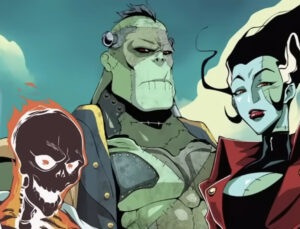
As the DCU continues to expand, Frankenstein’s success in Creature Commandos sets a promising precedent. Whether he remains a central figure or transitions to other projects, Frankenstein’s impact on the DCU is undeniable. He’s a monster for the modern era—a character who defies expectations and redefines what it means to be a villain.
No comments yet.

